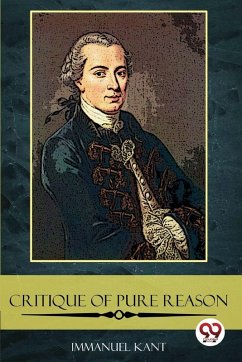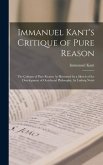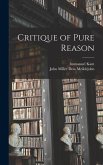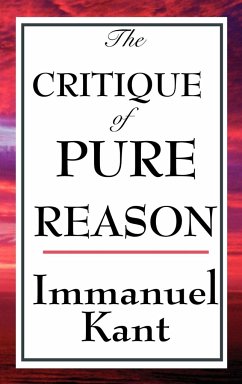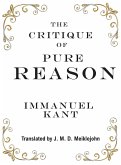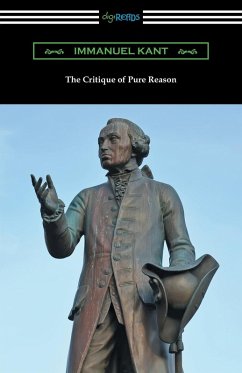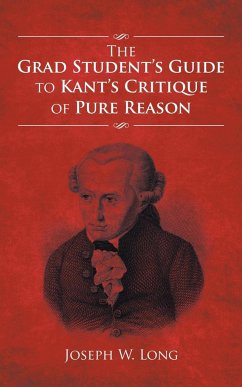The foundational work of modern philosophy is Kant's The Critique of Pure Reason, published in 1781. It offers a thorough and challenging inquiry into the characteristics of human reason, including its knowledge and illusions. Kant contends that while reason is the source of some conceptions that precede experience and enable it, we are not permitted to infer anything about the natural world from these notions. The Critique brings together the two conflicting philosophical systems of rationalism and empiricism, which trace all of our knowledge back to experience and reason. The transcendental idealism of Kant suggests a third option that goes well beyond these two. Between "analytic" and "synthetic" judgments, Kant makes a distinction. Simply by analyzing the components that make up an analytical judgment, one may determine if it is true. Synthetic judgments don't actually contribute anything to a notion; they only describe what the idea already has.The Critique first drew little attention, but as time passed, it came under attack from both empiricist and rationalist critics, sparking debate. The work is seen as making a significant contribution to modern philosophical thinking.
Hinweis: Dieser Artikel kann nur an eine deutsche Lieferadresse ausgeliefert werden.
Hinweis: Dieser Artikel kann nur an eine deutsche Lieferadresse ausgeliefert werden.

